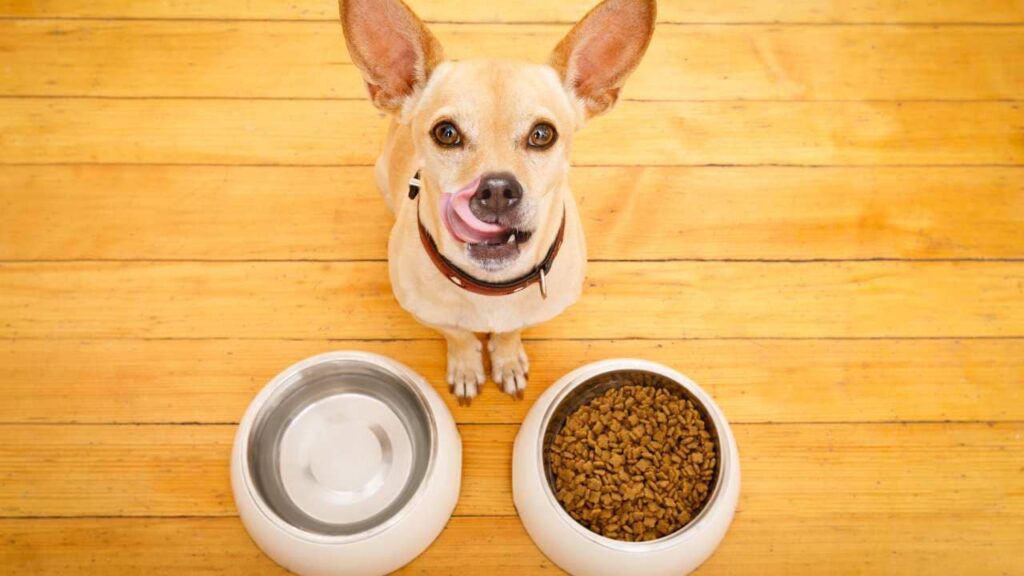Grain Free Dog Food in Ireland: Weighing the Pros and cons
Exploring the health benefits of grain free diets for irish canines
Short Guide to grain free dog food in ireland
Assessing the benefits and drawbacks for your best friend
Introduction
As pet owners, it’s only natural to want the best for our four-legged friends. In recent years, grain-free dog food has gained popularity among dog owners in both Ireland and beyond. While some rave about the health benefits, others question its safety and effectiveness. In this article, we’ll explore the pros and cons of feeding your dog grain-free food, as well as provide some valuable information to help you make an informed decision for your beloved pet.
Pros of Grain-Free Dog Food
Decreased Allergies and Food Sensitivities
One of the main reasons pet owners opt for grain-free dog food is to address allergies and food sensitivities. Grains such as rice, wheat, corn, and soy are common allergens for many dogs, causing skin irritations, gastrointestinal issues, and other health problems. By eliminating these potential irritants, grain-free diets can alleviate symptoms and improve overall health for dogs with grain sensitivities.

Lower Carbohydrate Content
Grain-free dog food often has lower carbohydrate content than grain-inclusive diets. This can be beneficial for dogs prone to obesity or diabetes, as it helps regulate blood sugar levels and maintain a healthy weight. Additionally, some grain-free diets have higher protein and fat content, which can help support lean muscle mass and provide sustained energy for active dogs.
Enhanced Digestibility
Many grain-free dog foods feature highly digestible ingredients, which can help improve our dogs nutrient absorption and gastrointestinal health. Some dogs may also experience less gas, bloating, and stool odour on a grain-free diet, as their bodies are better equipped to process the ingredients.
Cons of Grain-Free Dog Food
Incomplete Nutrition
While some grain-free dog foods are nutritionally balanced, others may lack essential nutrients or have an imbalanced nutrient profile. Grains are a natural source of vitamins, minerals, and fibre that contribute to a well-rounded diet. Some grain-free diets rely heavily on legumes, which can lead to an imbalanced amino acid profile and potential health issues . Always check the foods label to ensure your dog’s diet is nutritionally complete.
Higher Cost
Grain-free dog foods often come with a higher price tag compared to their grain-inclusive lower meat content counterparts. The higher cost can be prohibitive for some pet owners, especially those with multiple dogs or large breeds that require more food. It’s important to weigh the benefits and any drawbacks before committing to a grain-free diet for your pet.
Conclusion – The Pros & Cons
Ultimately, the decision to feed your dog grain-free option over a grain inclusive kibble depends on your dog’s needs and your personal preferences. While most dogs will benefit from a grain-free diet, others may not see significant enough improvements in health or well-being to warrant a change to a lower grained food.
Please email or call us if you would like to discuss your dog’s feeding options.
Whatever you decide, The Pet Parlour has your covered:
How To Train your Puppy – A Guide
Should I use treats to train my Puppy?

